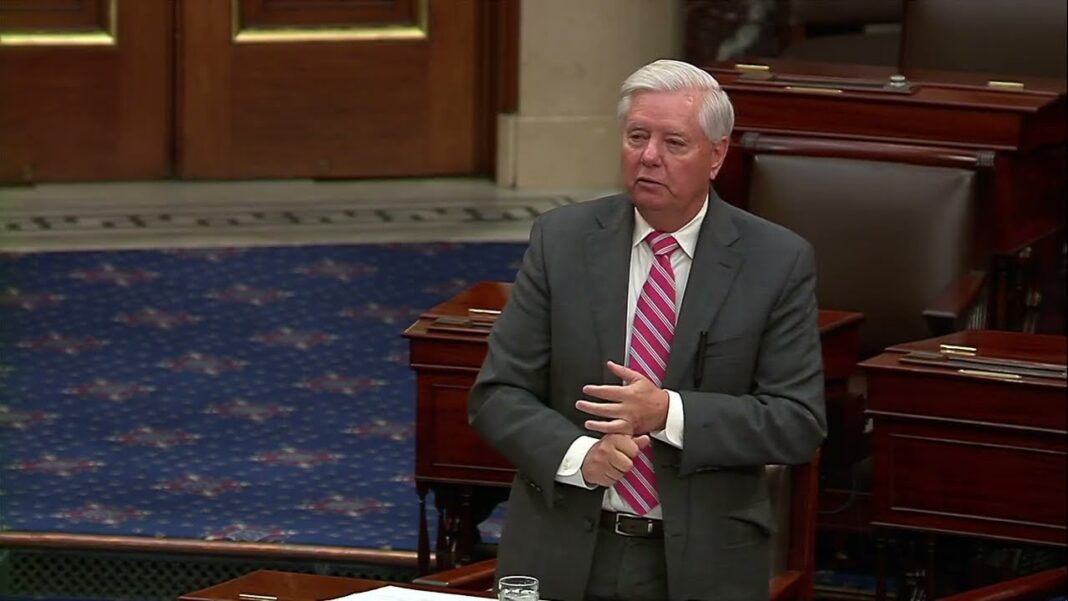According to the Catholic Health Association (CHA), one in seven patients in the United States is cared for by a Catholic hospital every day.
Catholic bishops in the United States, on Nov. 12, backed a decision to officially ban transgender-related procedures—including surgical and hormonal interventions—in Catholic health care facilities.
The U.S. Conference of Catholic Bishops (USCCB) voted to approve revisions to its Ethical and Religious Directives (ERDs) during its Fall Plenary Assembly in Baltimore.
The document explains how patients in the United States—including those who identify as transgender—are treated at thousands of Catholic health care facilities and by Catholic providers across the country.
The new wording to the ERDs for Catholic health care services was passed with a majority of 206 in favor, seven against, and eight abstentions.
When asked how quickly these new directives would be promulgated in the dioceses, Most Rev. James Massa, chairman of the Committee on Doctrine, said that he believed it would be posted on the bishops-only website in the coming days, “along with the instructions for making the ERDs particular law in your local church.”
According to the Catholic Health Association (CHA), one in seven patients in the United States is cared for by a Catholic hospital every day. Catholic health care encompasses more than 2,200 hospitals, care facilities, nursing homes, and related organizations.
The directive’s new wording says that Catholic heath care services “must not provide or permit medical interventions, whether surgical, hormonal, or genetic, that aim not to restore but rather to alter the fundamental order of the human body in its form or function.”
“This includes, for example, some forms of genetic engineering whose purpose is not medical treatment, as well as interventions that aim to transform sexual characteristics of a human body into those of the opposite sex (or to nullify sexual characteristics of a human body),” the directive adds.
It continues that as part of the mission of Catholic health care in serving those who are vulnerable, care providers must “mitigate the suffering of those who experience gender incongruence or gender dysphoria” by “employing only those means that respect the fundamental order of the human body.”








